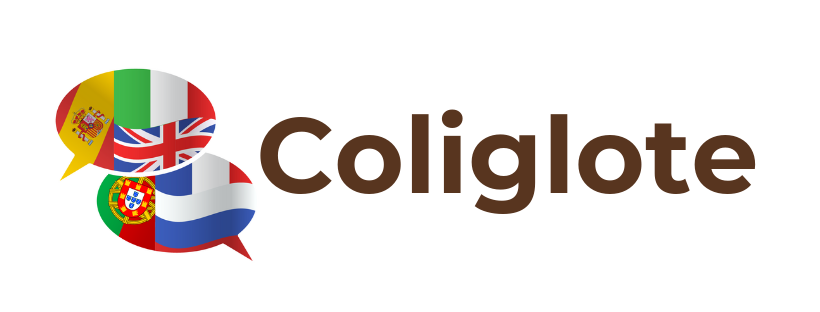Whistling languages, I’ll be damned…
I’m sure you’ve whistled to call friends, to signal, to accompany a song or just for fun. But would you have imagined that whistling could be a language in itself?
Because that’s exactly what it is!
Whistling tongues, what’s that?
Whistling languages are alternative versions of languages: instead of the voice different whistles are used as a language tool.
Several techniques are used: by rounding the lips (to whistle softly), with the fingers in the mouth (to whistle louder) or with a leaf or a flute.
Here’s a little preview!
So the logical question comes naturally to mind: why?
Why develop a language with whistling instead of just using your voice?
In fact, these whistling languages developed in sparsely populated areas where people needed :
- Communicate over long distances and avoid long or difficult walks (in mountains, dense forest)
- Hide in nature so as not to frighten prey (Brazil, Guyana)
- Secretly communicating a message in the presence of non whistlers
As whistling can be understood at distances ten times greater than shouted speech, up to several kilometres in open areas, it was naturally adopted in these specific environments.
We know about 70 populations which currently practice the whistling language. Most of them are people who live in rural communities with a traditional way of life and who are very far from the cities.
Each of these languages is not an independent one but rather an extension of the local language.
What are those whistling languages?
Here are the main ones:
- The silbo, spoken by shepherds on the island of La Gomera in the Canary Islands
- Kus Dili (the language of birds), used by the inhabitants of the village of Kusköy in Turkey.
- The wayãpi and gaviaõ used in Amazonia
- Chepang, Nepal
- The whistling béarnais, spoken in the village of Aas, in the valley of Ossau
The brain works differently with whistling tongues
Usually language works more on the left hemisphere of the brain. In the case of whistling languages it was noticed that things could be different: the right hemisphere would be as much implicated as the left one.
This is still a hypothesis that needs to be confirmed under brain imaging, by comparing the functioning of the brain with different whistling languages…but it is already an important discovery because it opens new avenues of study concerning, for example, the understanding of the origin of language.
Whistling languages are endangered
The future of whistling languages is very uncertain. Indeed two threats weigh on their survival:
- The expansion of the cities and the decrease of the rural areas: men don’t have the need to communicate by whistling anymore if the environment doesn’t require it, they return naturally to a spoken language.
- The absence of written traces and documentation contribute to the progressive disappearance of these whistling languages because the transmission which is only done orally is necessarily more limited.
However, all hope is not lost because if certain languages have already disappeared, initiatives are being taken here and there to prevent them from falling into oblivion.
This is the case, for example, with silbo, the whistling language of the island of Gomera (Canary Islands), which has been on the list of compulsory school subjects since 1999. It has also been classified as a UNESCO World Heritage Site.
We can also note efforts to preserve the Aas whistle language, still used in the Ossau valley in France. It is taught every Wednesday to secondary school students who wish to learn about this unique cultural heritage and contribute to its preservation.
Languages whisteld in songs and movies!
The singer Féloche, the echo of the Silbo
The singer Féloche wrote a greatsong about silbo gomero. In this song he integrates the silbo into the music and the lyrics. This song has become the unofficial anthem of this whistling language, as can be seen in the documentary above.
“The Whistlers”, the Romanian film in which the silbo is the hero…
The silbo gomero has definitely inspired many movie makers. The Whistlers is a Romanian detective film that uses the silbo in an original way. A cop from Bucharest has to learn the silbo, which the mafia uses as a secret code, in order to investigate the island of La Gomera.
You can watch the trailer here:
The future will tell us whether these various initiatives will have made it possible to preserve the existence of the whistling languages, at a time when distance communication is now essentially via mobile networks such as telephony or the Internet?
And you, had you ever heard of whistling languages?
Do you think they should be preserved at all costs?
Article written by Ingrid, Coliglote
Sources : https://www.assimil.com/blog/a-la-decouverte-des-langues-sifflees/#more-5499
https://fr.wikipedia.org/wiki/Langage_siffl%C3%A9
https://ich.unesco.org/fr/USL/le-langage-siffle-00658

